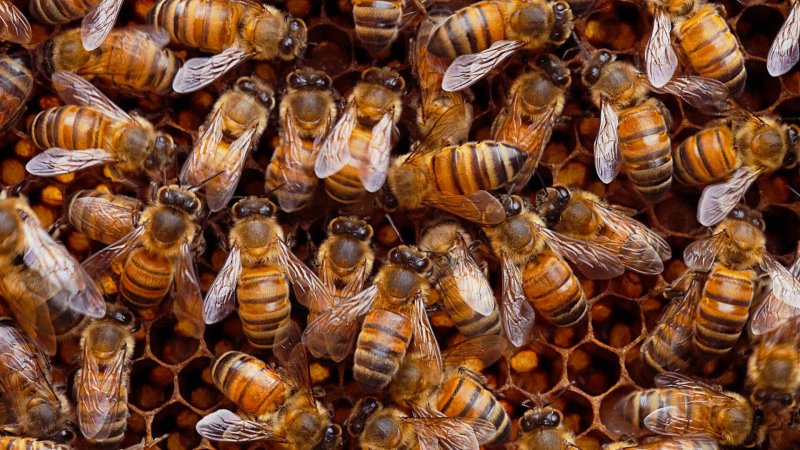Media stories around bee-apocalypse and imminent collapse of the human food system require a dose of reality.
…
There are more managed bee hives globally, and more bees, than there have ever been in the past. And although there are many statements around the fact that every third mouthful has a contribution by bees, the staples of life (corn, wheat, rice, potatoes and cassava) do not rely on bees for pollination. The first three are seeds from wind-pollinated plants and the second two are starch-filled tubers.
The bee-apocalypse stories started in the mid-2000s when bee deaths began occurring in large numbers. Colony Collapse Disorder …. was rife in the northern hemisphere. Whole hives died over winter and predictions were dire.
Overall, however, honey bee numbers have increased over the past few decades.
Scott Black, executive director of the Xerces Society, calculates that the total number of managed honeybees worldwide has risen 45 per cent over the past 50 years.
…
There have also been ongoing suggestions that …. the insecticide group termed “neonicotinoids” are responsible [for declining bee populations].
…
The EU has banned the use of these insecticides despite the fact that some countries have used them for more than 20 years with no apparent effect on bees. Australia, for instance, has recorded no issues ….
Read full, original article: Jacqueline Rowarth: Enough of the bee-apocalypse stories































